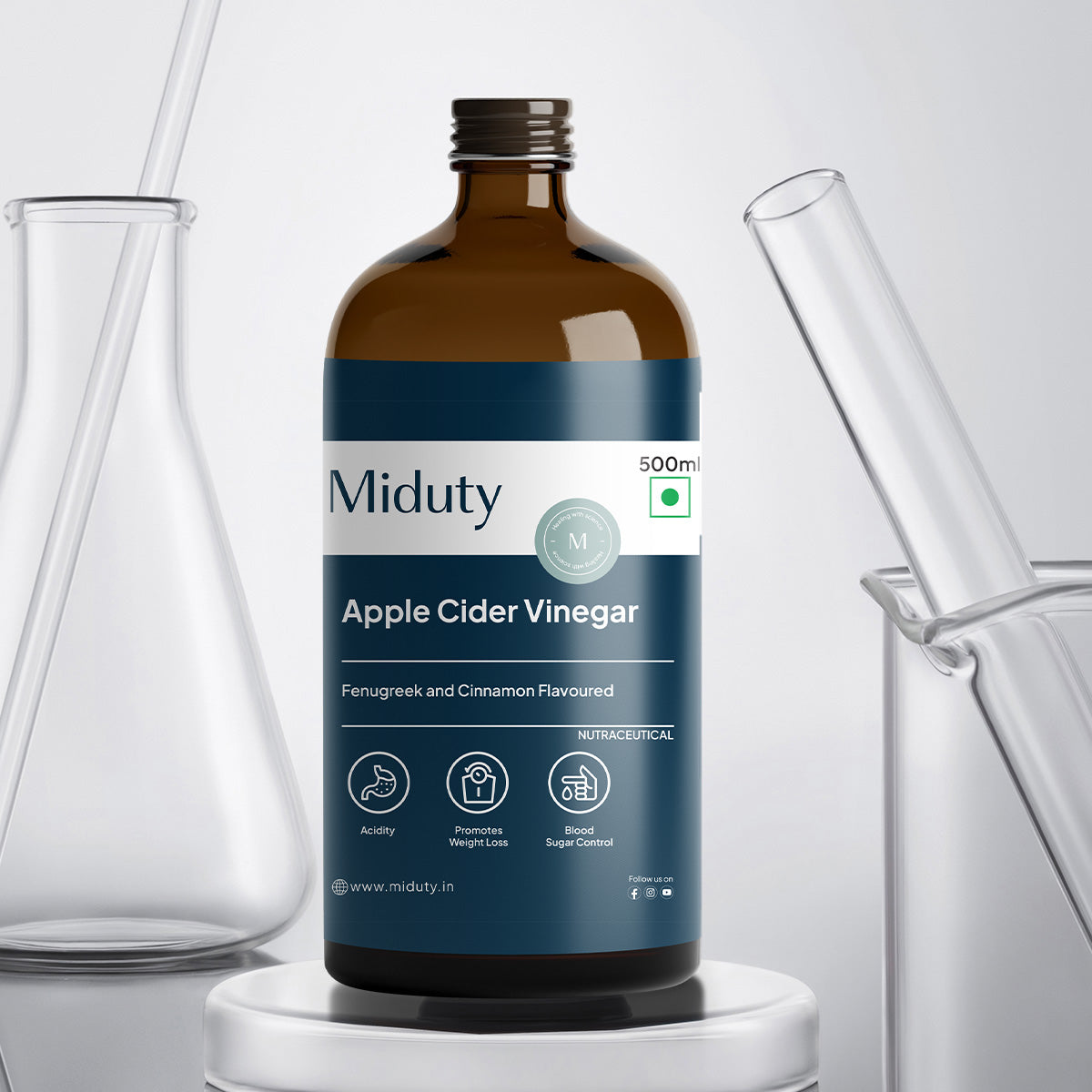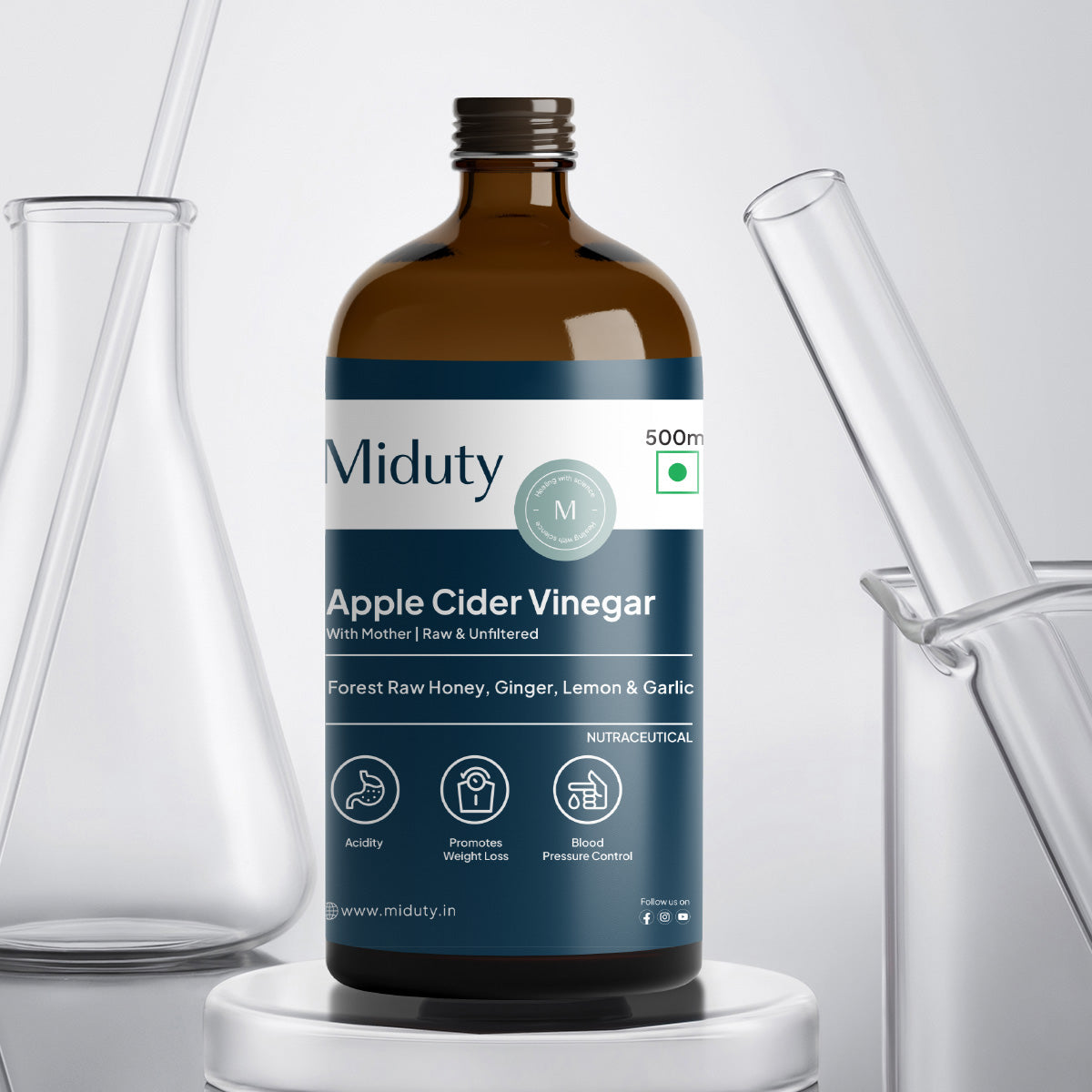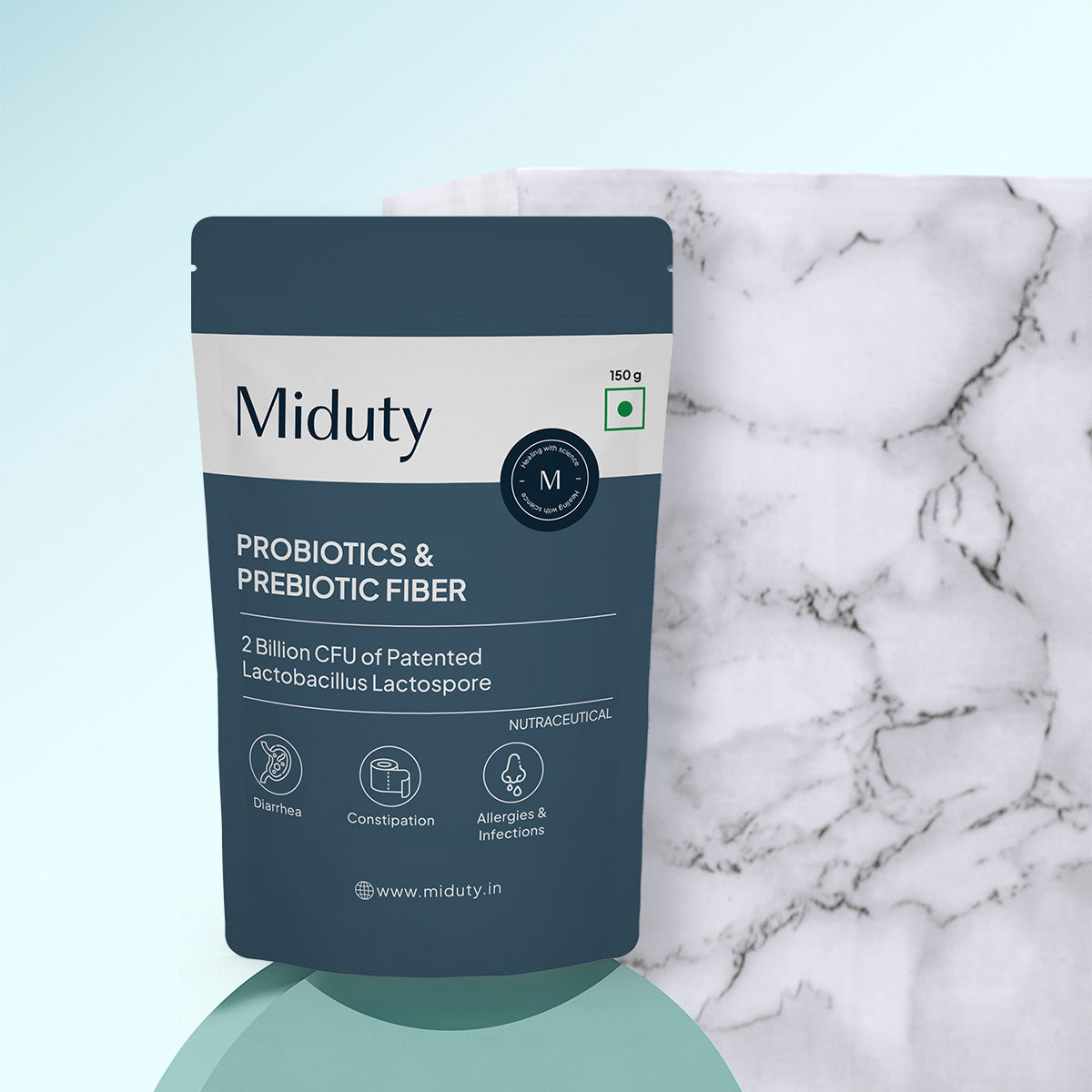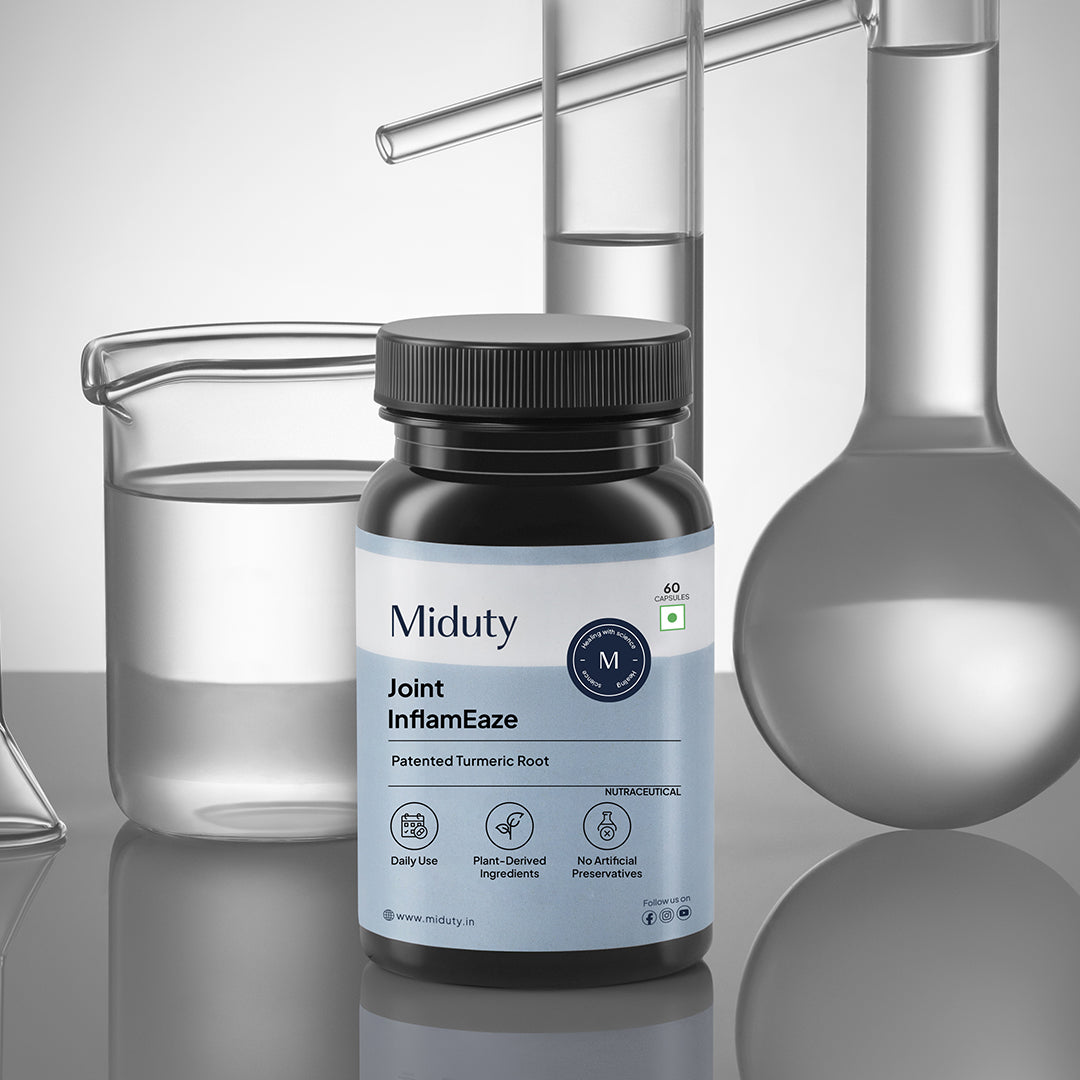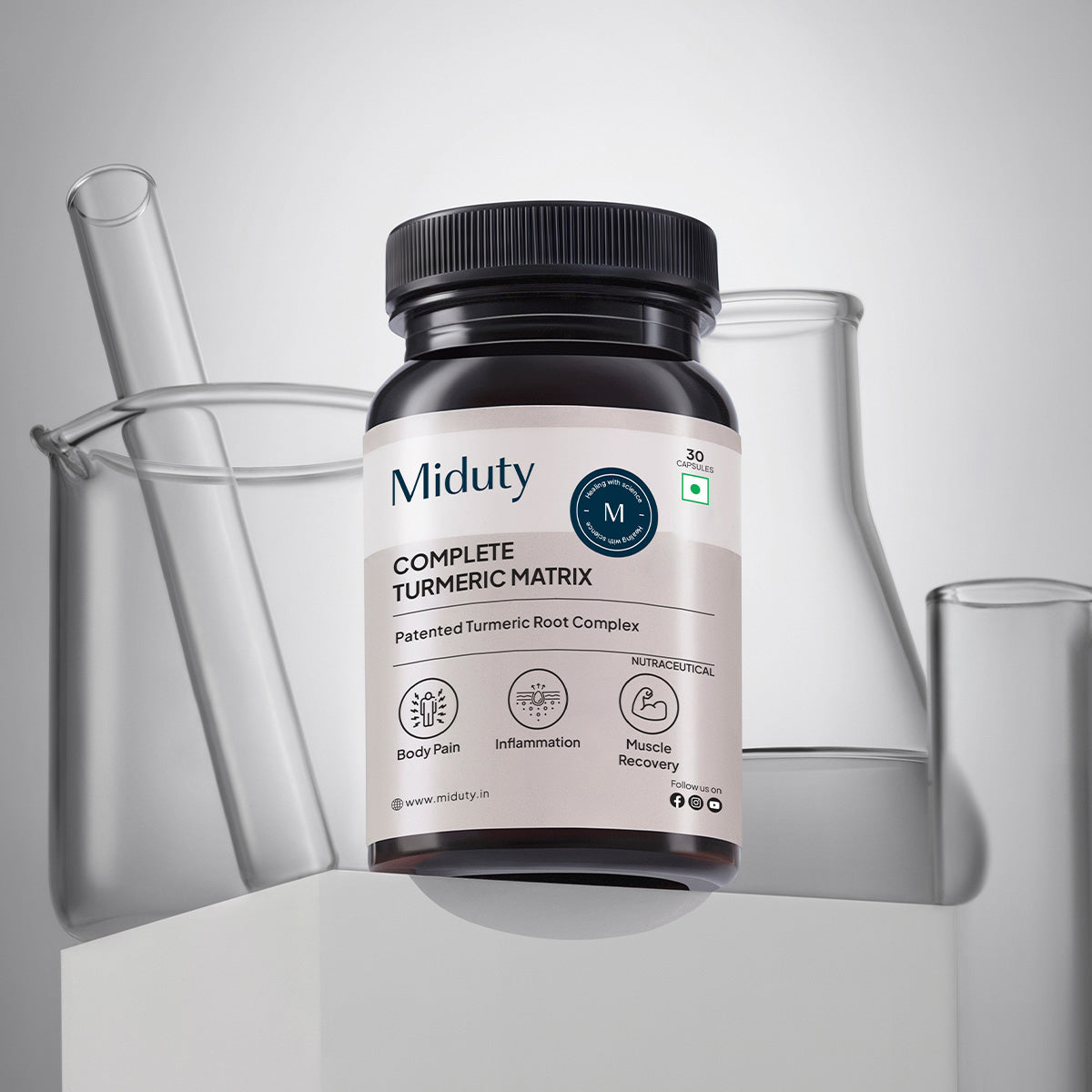
Benefits and Side Effects of Apple Cider Vinegar: What You Need to Know!
Introduction
Apple cider vinegar (ACV) has gained a reputation as a natural health remedy for everything from digestion to weight loss. But how much of the hype is actually true and how do you use it safely? While ACV does offer real benefits like antimicrobial action, blood sugar control, and even skin support, using it incorrectly can lead to side effects like throat burns, tooth erosion, and nutrient loss.
In this blog, we break down the science-backed benefits, risks, and the right way to include ACV in your routine.
Key Takeaways
1. Apple cider vinegar (ACV) offers antimicrobial, prebiotic, and anti-inflammatory benefits, helping with digestion, infections, and even dandruff when used correctly.
2. ACV may support weight loss, blood sugar stability, and heart health, though most studies are preliminary or based on animal models.
3. Using undiluted or excessive ACV can be harmful, potentially causing throat burns, tooth erosion, digestive issues, and potassium depletion.
4. ACV must be diluted and consumed in moderation, ideally 1–2 tablespoons daily, to safely benefit from its properties.
5. Topical uses of ACV like hair rinses, foot soaks, and toners can be effective, but always require proper dilution to prevent skin irritation.
Apple cider vinegar has been so popular for many years and lately if all the claims can be believed you can cure anything and everything with it. It is true that apple cider vinegar, particularly the raw unfiltered apple cider vinegar, has many health benefits. But there are a lot of untruths being promoted and giving many false hopes.
On the other hand, there are many who use it for legitimate health benefits but use it incorrectly. Medications often have side effects and add to the toxins that can build up in our bodies. Many scientists and medical researchers have been looking into natural alternatives and have found that nature has many remedies.
But just because a remedy is natural, that does not mean that it cannot harm you. In this article, we will be discussing the true health benefits of apple cider vinegar and the side effects that you need to be aware of.
Apple cider vinegar has had some interesting claims made about it. But which is true? Learn about the benefits and the potential side effects of Apple Cider Vinegar. Using it properly is very healthy but when used incorrectly it causes more harm than good.
Benefits of Apple Cider Vinegar
Keep in mind that everyone is different. Apple cider vinegar may help certain people with some of these and others with different things. There are studies that prove and disprove these benefits of apple cider vinegar, so it may be a case of how your particular body works.
1. Antimicrobial and Prebiotic
Apple cider vinegar (ACV) is a potent antimicrobial agent. Although further studies are needed before it fully replaces antibiotics, many people may find it helpful in treating the less severe infections. This study highlights its effectiveness against candida, staphylococci (in particular the fungus that causes athlete's foot), and e.coli. Candida causes thrush and e.coli can cause stomach upset and bladder infection.
ACV also helps to get rid of the H.pylori infection which causes nausea, acid reflux, and pain. ACV is also great for getting rid of dandruff due to its antimicrobial action. It also makes a great natural deodorant for the same reasons. When ingested, ACV doesn't kill off the good bacteria and contains pectin which is a type of fiber that feeds the good bacteria in your gut, making it a prebiotic, and it helps your stomach to digest food better.
2. Anti-Inflammatory and Alkalizing

ACV also reduces inflammation. Inflammation fuels disease and muscle and joint pain in the body. While inflammation is a good thing because it is how the body heals itself, an unhealthy diet, stress, and toxin buildup can cause inflammation to become chronic which is harmful. The anti-inflammatory effects of ACV may also be helpful if you struggle with allergies although it has no antihistamine properties.
A mostly alkaline diet is highly recommended to lower excess acidity which can build up over time in our bodies and cause problems like gout, so it may seem strange that something as acidic as ACV can help. But because of the way the body metabolizes the ACV, it has an alkalizing effect on the body.
3. Weight Loss
The 175 participants of this study were all obese and changed very little other than consuming a tablespoon to 2 tablespoons of apple cider vinegar twice a day, not eating or drinking after 9 pm, not consuming other vinegar, and no more than 1-2 average size alcoholic beverages daily.
Other than that their diet and activity levels stayed the same. Over 12 weeks, this resulted in a drop of 1-2 kg respectively. While this is not a huge amount, it can help your weight loss efforts along if you do increase your activity levels and maintain a healthier diet.
4. Helps for Diabetes and High Blood Pressure

Apple Cider Vinegar benefits a lot if you are suffering from diabetes. This study indicates that the acetic acid in vinegar, including ACV, had an anti-glycemic effect meaning it helps to keep blood sugar levels stable. While this is helpful for those with diabetes, it is also helpful for healthy people too to prevent diabetes. The study also showed that the same compound, acetic acid, also helped to lower blood pressure in rats. Rats, of course, are not humans, so whether the same happens in humans is not yet established. You may find that it helps you.
5. Reduces Triglycerides and Lower Cholesterol
All the studies regarding the lowering of cholesterol were done in rats or mice, but ACV did work very well for lowering the cholesterol in the animals. You can try taking ACV for this purpose, but once again, it isn't conclusively proven to work in humans. This may not matter, however. Small LDL cholesterol is bad, not the larger particles of LDL.
These small particles of LDL are what drive up your risk for heart disease and influence your triglyceride (blood fat) level. ACV, as shown in the study, does lower your triglyceride level which also brings down your risk for heart disease. In fact, consuming good fats with vinegar has been scientifically proven to lower heart disease risk in women. This was done by having the women eat their salad with vinegar and oil dressing.
What are the Side Effects of Apple Cider Vinegar?

Apple cider vinegar is renowned for its numerous health benefits, including aiding digestion, supporting weight loss, and stabilizing blood sugar levels. However, it's important to be aware of potential side effects as well.
Burns: Due to the acidity, drinking undiluted ACV can burn your throat and cause problems in your stomach. Never use ACV if you have peptic ulcers or if you have reflux caused by too much stomach acid. Using it undiluted on your skin can also cause burns. Ifyou have sharp pain after drinking apple cider vinegar, immediately take some baking soda in the water. Next time take with meals. Slowly increase the dosage of apple cider vinegar.
Tooth Erosion: While ACV has an alkalizing effect after being metabolized, it remains acidic until that point. You need to rinse your mouth with water after consuming even diluted apple cider vinegar as it can damage your teeth.
Alkalosis: If you drink more than 2 tablespoons of ACV per day over a long period of time you can end up with alkalosis. This means that your body is too alkaline which is as dangerous as being overly acidic.
Delayed Gastric Emptying: In some people, this may cause digestive distress although not for everyone. But in people with type 1 diabetes, it can be dangerous as they can no longer time their insulin shots correctly.
Loss Of Potassium: Too much ACV can result in over excretion of potassium. This can also happen if the ACV interacts with any of the medications that you are on. This can cause problems with your muscles and bone density loss. Potassium is a common deficiency too so eating a healthy diet and taking the correct amount of ACV is important.
How to Use Apple Cider Vinegar?
In order to get the full benefits of apple cider vinegar, there are different ways to use it for various things:
Drink It: You can drink a teaspoon to 2 tablespoons of ACV in a glass of water before meals to improve your digestion and heartburn due to low stomach acid, and for its alkalizing properties. Sweeten it with raw honey which also has anti-allergy and antibacterial benefits. You can also add it to your smoothies and juices or add a ¼ teaspoon to a cup of tea.
Foot Or Nail Soak: If you have a foot or nail fungus you can create a foot soak or a nail soak by mixing equal parts of warm water and ACV and soaking your feet for 20-30 minutes twice a day. If it stings your skin, dilute the mixture with more water. Alternatively, you can dab it onto the affected area using cotton wool or making a compress with a cloth.
Hair Rinse/Treatment: Dilute the ACV as per the above remedies. You can use it as a final rinse (this also helps for frizz) or you can use a spray bottle to spray the mixture onto your scalp, massage it with your fingers and leave it for a few minutes and then rinse it off. Either way, the vinegar smell fades once your hair dries.
Deodorant: Dilute the ACV as in the remedies above and spray it onto your armpits and wait for it to dry before getting dressed. You will not smell the vinegar once dry. Because it kills the bacteria, it gets rid of body odor. You may need to reapply it. Body odor can also be caused by toxins.
Facial Toner: Used once every few days, the diluted ACV mixture can be used as a toner to clarify and make your skin smoother. You can add a few drops of essential oil to your toner too.
ACV can help for many things even gallstones and gallbladder pain, so many of the claims are true. Please let us know what you have been using apple cider vinegar for and if it works for you.
Conclusion
In summary, apple cider vinegar (ACV) offers a range of potential health benefits, from supporting digestion and aiding in weight loss to stabilizing blood sugar levels and reducing inflammation.
However, it's crucial to use ACV correctly to avoid its possible side effects.
While the benefits of apple cider vinegar are supported by some studies, improper use can lead to issues such as digestive discomfort, tooth erosion, and even complications like alkalosis or potassium loss.
Balancing its intake and adhering to recommended guidelines can help you reap its advantages while minimizing risks. As with any supplement, individual responses can vary, so it's wise to consult with a healthcare professional to determine the best approach for your personal health needs.



